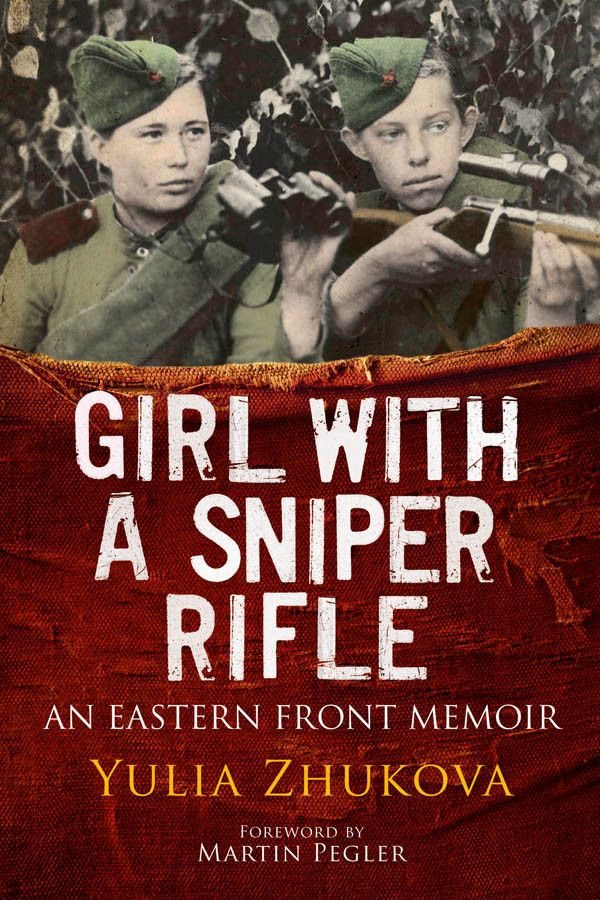

Most ebook files are in PDF format, so you can easily read them using various software such as Foxit Reader or directly on the Google Chrome browser.
Some ebook files are released by publishers in other formats such as .awz, .mobi, .epub, .fb2, etc. You may need to install specific software to read these formats on mobile/PC, such as Calibre.
Please read the tutorial at this link: https://ebookbell.com/faq
We offer FREE conversion to the popular formats you request; however, this may take some time. Therefore, right after payment, please email us, and we will try to provide the service as quickly as possible.
For some exceptional file formats or broken links (if any), please refrain from opening any disputes. Instead, email us first, and we will try to assist within a maximum of 6 hours.
EbookBell Team

4.3
78 reviewsIn this vivid firsthand account we gain unique access to the inner workings of Stalin's Central Women’s Sniper School, near Podolsk in Western Russia.
Luliia was a dedicated member of the Komsomol (the Soviet communist youth organization) and her parents worked for the NKVD. She started at the sniper school and eventually became a valued member of her battalion during operations against Prussia.
She persevered through eight months of training before leaving for the Front on 24th November 1944 just days after qualifying. Joining the third Belorussian Front her battalion endured rounds of German mortar as well as loudspeaker announcements beckoning them to come over to the German side.
Luliia recounts how they would be in the field for days, regularly facing the enemy in terrifying one-on-one encounters. She sets down the euphoria of her first hit and starting her “battle count” but her reflection on how it was also the ending of a life.
These feelings fade as she recounts the barbarous actions of Hitler’s Nazi Germany. She recall how the women were once nearly overrun by Germans at their house when other Red Army formations had moved off and failed to tell them. She also details a nine-day standoff they endured encircled by Germans in Landsberg.
Regularly suffering ill-health she took a shrapnel injury to her knee and had to be operated on without an anesthetic. She would eventually see the end of the war in Köngsberg.
Like her famous counterpart Pavlichenko she gained recognition but struggled to come to terms with war service. Haunted by flashbacks she burned the letters she sent home from the Front. She later discovered that of the 1885 graduates of her sniper school only 250 had died in war.
In this powerful, firsthand account we come up close to the machinations of the NKVD (the secret police) as well as the grueling toll of war and the breathtaking bravery of this female sniper.